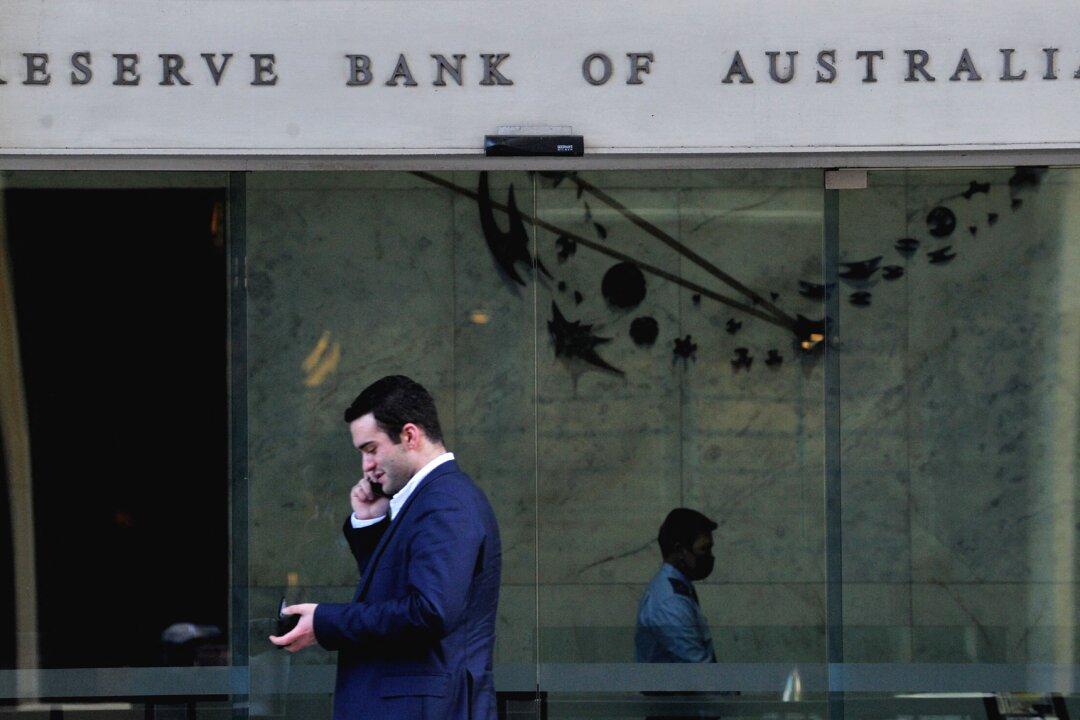The Reserve Bank of Australia (RBA) has made a surprise move by lifting interest rates by another 0.25 percent on May 2.
The latest round of increases takes the official cash rate to 3.85 percent, the highest level since April 2012.

The Reserve Bank of Australia (RBA) has made a surprise move by lifting interest rates by another 0.25 percent on May 2.
The latest round of increases takes the official cash rate to 3.85 percent, the highest level since April 2012.